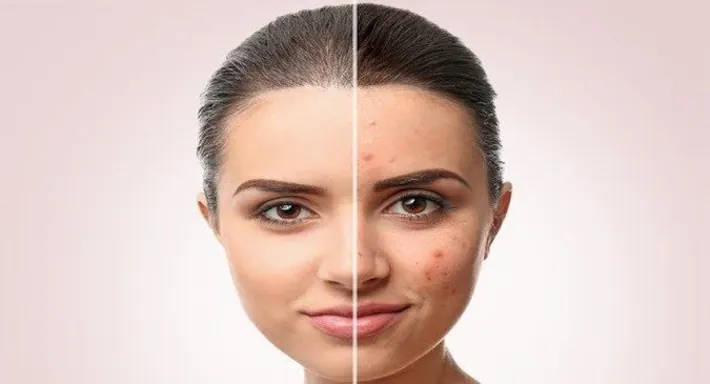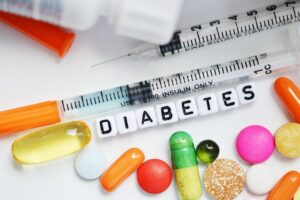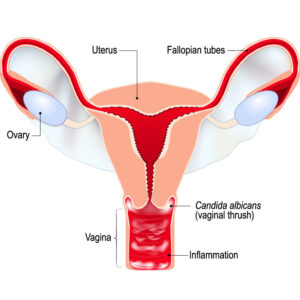Skin acne, also known as acne vulgaris, is a common skin condition that affects millions of people worldwide. It is characterized by the presence of pimples, blackheads, and whiteheads on the face, chest, and back. Acne can be mild to severe, and its impact can range from slight blemishes to significant scarring. In this article, we will discuss the causes, symptoms, and treatment of skin acne.
Acne occurs when the hair follicles become clogged with oil and dead skin cells. These clogged pores create an environment that is perfect for bacteria to thrive, resulting in inflammation and the formation of acne. Some of the factors that can contribute to the development of skin acne include:
- Hormones: Hormonal changes during puberty, menstrual cycles, and pregnancy can increase oil production in the skin, leading to the formation of acne.
- Genetics: Acne can run in families, so if your parents or siblings had acne, you may be more likely to develop it as well.
- Diet: Consuming foods high in sugar and unhealthy fats can increase the risk of developing acne.
- Stress: Chronic stress can increase inflammation in the body, leading to the formation of acne.
Symptoms of Skin Acne
The symptoms of skin acne can vary from person to person and can range from mild to severe. Some of the common symptoms of acne include:
- Pimples: Pimples are raised bumps on the skin that are filled with pus. They can be red, white, or black in color.
- Blackheads: Blackheads are small, dark bumps on the skin that form when the pores are clogged with oil and dead skin cells.
- Whiteheads: Whiteheads are similar to blackheads but are covered by a thin layer of skin, giving them a white appearance.
- Cysts: Cysts are large, painful, and pus-filled bumps that can form deep beneath the skin.
Treatment of Skin Acne
The treatment of skin acne depends on the severity of the condition. Mild acne can be treated with over-the-counter medications such as benzoyl peroxide, salicylic acid, and topical retinoids. These medications work by reducing oil production, unclogging pores, and killing bacteria. Moderate to severe acne may require prescription medications such as oral antibiotics, oral contraceptives, and isotretinoin.
In addition to medication, there are several lifestyle changes that can help manage acne symptoms. These include:
- Washing the face twice daily with a mild cleanser.
- Avoiding picking or squeezing pimples, as this can lead to scarring and infection.
- Maintaining a healthy diet rich in fruits and vegetables and low in sugar and unhealthy fats.
- Managing stress through relaxation techniques such as yoga and meditation.
In conclusion, skin acne is a common skin condition that can have a significant impact on a person’s self-esteem and quality of life. If you are struggling with acne, it is important to seek medical attention from a dermatologist who can help determine the best course of treatment for you. With the right treatment and lifestyle changes, acne can be managed effectively, allowing you to feel confident and comfortable in your own skin.





